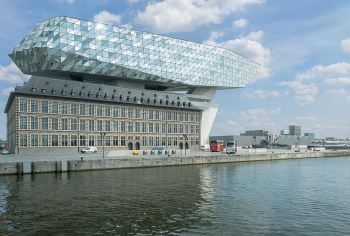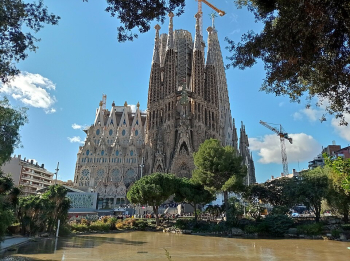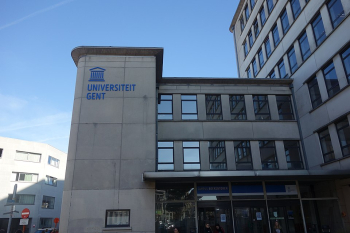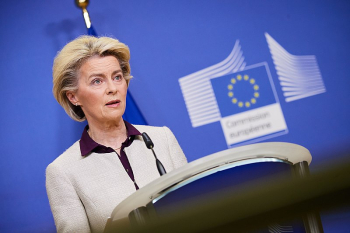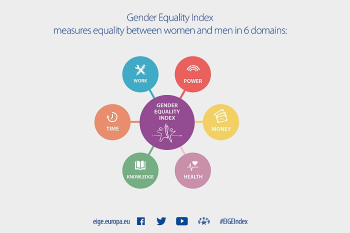
While others spend August on the beach, EU president-elect Ursula von der Leyen works on the delicate task of building a team to run the bloc's executive for the next five years.
After she was only narrowly approved by the European Parliament, the former German defence minister faces a tricky balancing act.
She is trying to accommodate the competing demands of different political parties to make sure her team survives a confirmation vote by MEPs in October.
Each EU state gets to nominate one person to serve on the European Commission, and von der Leyen's executive will have only 27 members instead of the current 28 because of Britain's withdrawal from the EU -- expected on October 31.
She is still waiting for six countries to name their candidates: France, Italy, Belgium, Croatia, Portugal and Romania, which have until August 26, the deadline imposed by the European Council, to appoint representatives.
"The unknown will be Italy," said a source close to von der Leyen.
She visited Rome in early August, but deputy prime minister Matteo Salvini's decision to pull his far-right League party out of a ruling coalition with the Five Star Movement (M5S) complicates the appointment of the new Italian commissioner.
Once she has the names and qualifications of all the candidates, von der Leyen will start handing out portfolios, and they will then face confirmation hearings at parliament in September.
- October vote -
The process ends with a vote to inaugurate the new executive on October 22, during the parliament's plenary session in Strasbourg.
Twelve men and eight women have already been put forward, according to an AFP count based on official announcements.
Seven are members of the centre-right European People's Party (EPP), like von der Leyen herself, while another seven are from the centre-left Socialists and Democrats group.
Three belong to the liberal family, while there is one from the Greens, an independent and one member of the PIS, which is part of the eurosceptic right in the European Parliament.
A member of von der Leyen's team pointed out that "the nominated candidates will not necessarily be the new commissioners".
Von der Leyen, who takes office on November 1, can ask governments to put forward another candidate and the European Parliament might reject some after their hearings.
Outgoing commission president Jean-Claude Juncker recently said that he had refused six candidates, and parliament then forced him to reshuffle his team in 2014 to grant him the nomination.
- Five more women -
Von der Leyen has said she will present the European Parliament with a gender-balanced commission -- but to achieve this, five of the remaining six nominees will have to be women.
France is expected to put a woman forward, with the names of Defence Minister Florence Parly and junior environment minister Brune Poirson circulating in Brussels.
The constitution of the new commission is a "complex and politically sensitive" exercise, because many member states are demanding economic portfolios, the most prestigious, according to a member of the new president's team.
Chosen by the European Council, von der Leyen's room for manoeuvre is also limited because the Council, which groups the 28 EU heads of state and government, has imposed two vice-presidents.AFP
They are the Dutch socialist Frans Timmermans and the liberal Margrethe Vestager, and the Council has insisted they be given important responsibilities.

